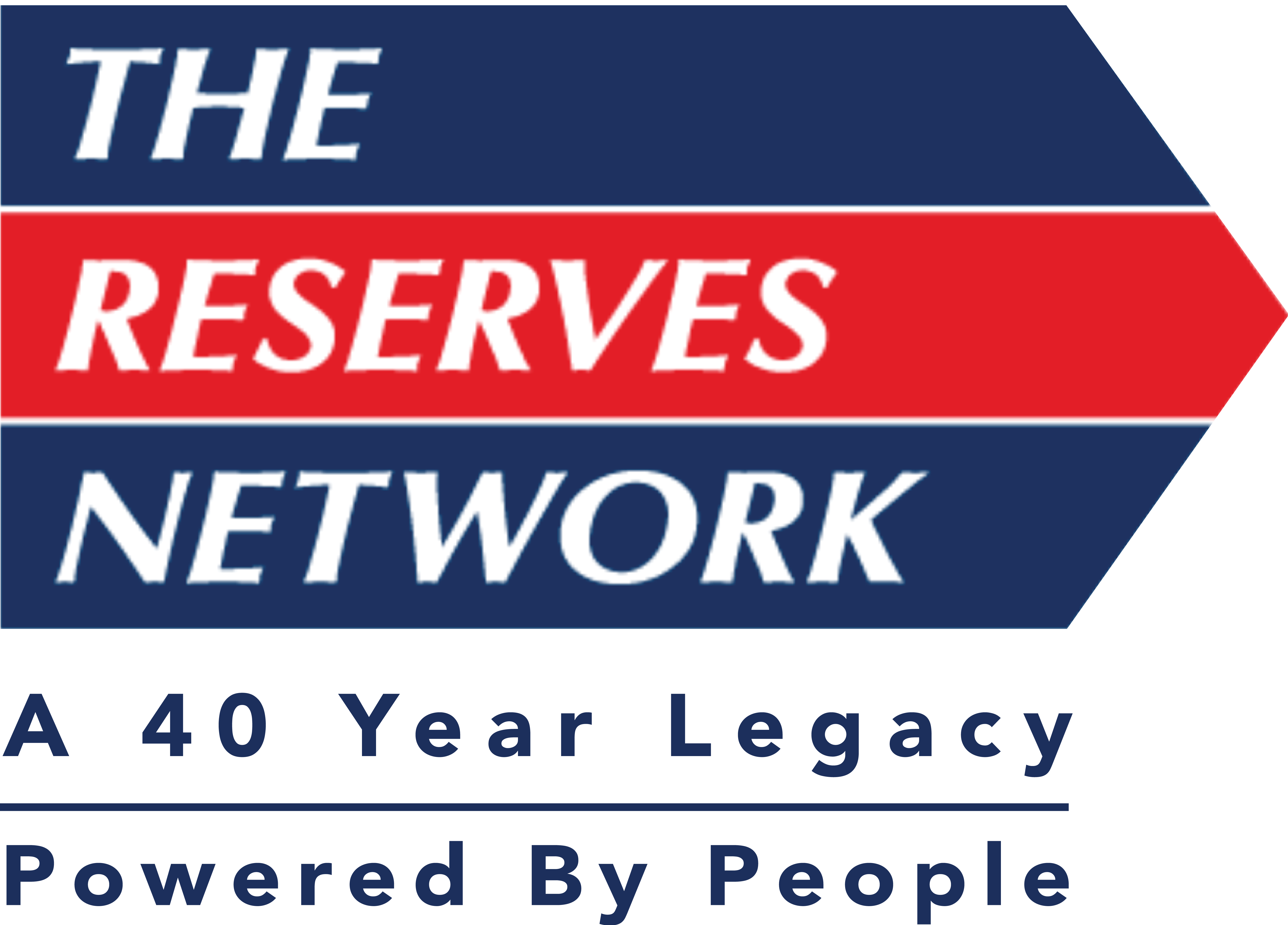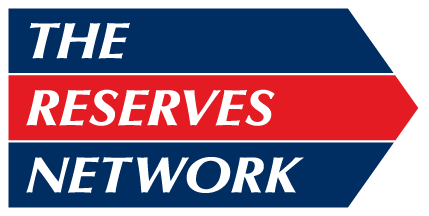The Art of Salary Negotiation
Conversations about compensation can feel uncomfortable—even intimidating. Whether you’re applying for a new position or requesting a raise in your current role, the fear of aiming too high or selling yourself short can make salary discussions feel like a high-stakes gamble. But at The Reserves Network, we believe salary negotiation is less about confrontation and more about confidence, preparation, and clear communication.
It all begins with understanding the unique value you bring to the table. Take time to reflect on your contributions, achievements, and experiences. Consider your education, certifications, awards, and the measurable outcomes you’ve helped produce. Maybe you improved a process, exceeded performance goals, or played a key role in team success. Whatever the case, identify and document the impact you’ve made—because it’s those results that strengthen your case for higher compensation. When you shift the conversation from “what I want” to “what I’ve earned,” you lead with substance, not emotion.
From there, it’s important to ground your expectations in data. Conduct a compensation analysis for your role, taking into account geographic differences, industry norms, and career progression benchmarks. Salaries can vary widely depending on location and experience level, so make sure your research is specific and relevant. Look at job boards, salary surveys, and credible industry reports—or consult a staffing and recruitment expert to get a clearer picture of where your role fits within the market. The more informed you are, the more confident and credible you’ll sound in the conversation.
Once you’ve defined your value and researched your market worth, it’s time to organize your thoughts. This isn’t just a casual ask—it’s a professional conversation that deserves thoughtful preparation. Structure your talking points in a way that connects your contributions to business goals. Keep it concise but impactful. Then rehearse. Practicing with a mentor, colleague, or friend can help you refine your message and prepare for follow-up questions. Be ready to explain how your responsibilities have grown, how you’ve added value, and why your compensation should reflect that growth.
When the day of the conversation arrives, enter the discussion with confidence and a mindset of collaboration. You’ve done the work—now trust it. Share your perspective clearly and calmly, and remain open to your manager’s feedback. Remember, negotiation is a dialogue, not a demand. Your supervisor may have additional context, budget constraints, or long-term plans that impact the outcome. Be open to hearing their side, and where possible, find common ground.
Lastly, keep in mind that compensation goes beyond salary alone. Benefits, bonuses, flexibility, professional development opportunities, and long-term growth potential all contribute to your overall value. Consider the full picture when evaluating the offer or counteroffer on the table.
At The Reserves Network, we know that advocating for yourself isn’t always easy—but it’s an essential part of career growth. With preparation, perspective, and the right strategy, you can approach salary conversations with confidence and make the case for the compensation you deserve.



